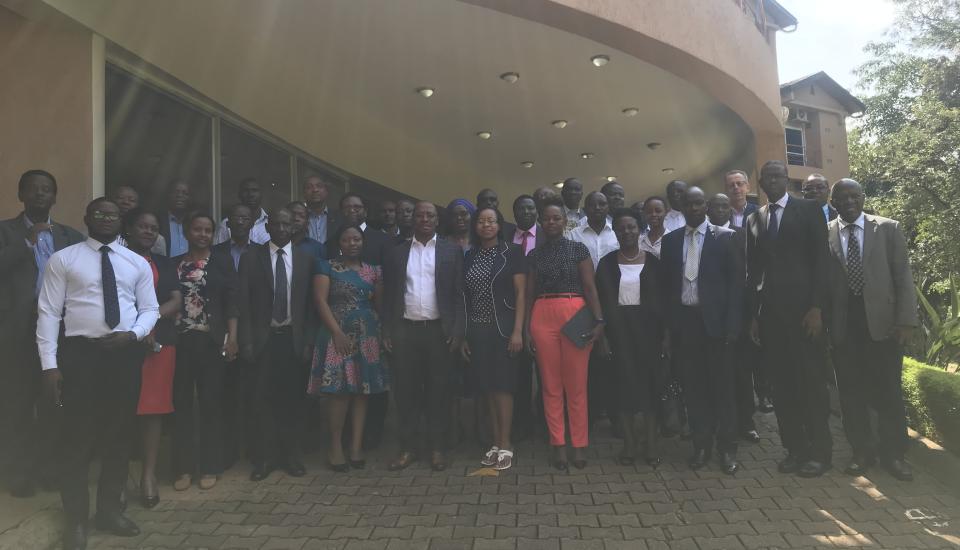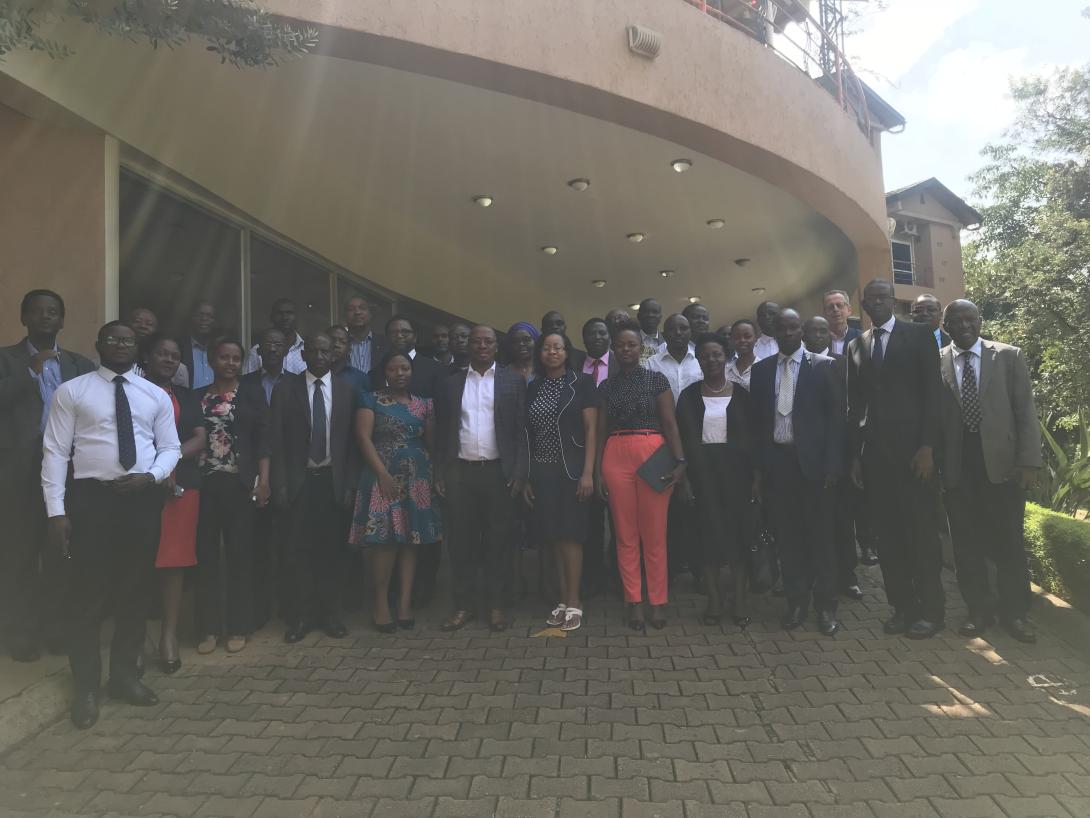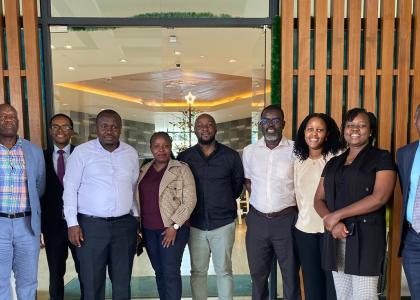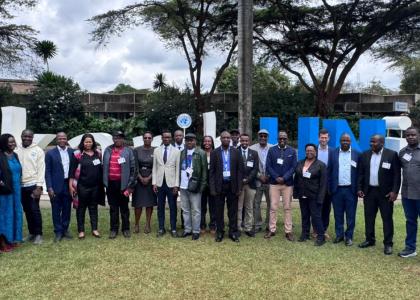The Regional inception workshop on Bioenergy Development Strategy and Investment Plan for the Eastern African Region supported by the African Union Commission (AUC) held between 5-7 November 2018 was successfully concluded at Metropole, Kampala. The workshop was attended by 25 participants the East African Region and about (12 from Ethiopia, South Africa, Namibia, Cape Verde, Zambia, and Germany).
The inception workshop aimed at engaging the consultant with key stakeholders in efforts to gaining a better understanding of bioenergy situation in the region to better design the outputs and outcome. The Bioenergy Development Strategy and Investment Plan aims to promote the sustainable production, transformation and utilization of biomass resources for cooking, heating, power generation and transportation.
The Bioenergy Development Strategy and Investment Plan for the Eastern African Region is expected to:
-
Ensure that bioenergy development is integrated into policy development and priority given to modernizing the bioenergy sector;
-
Build capacity across the East African Stakeholders, particularly policy makers, civil society, local private sector, academia and community-based organizations; and
-
Increase investments of bioenergy projects in the East African Region.
During the workshop, stakeholders largely noted that the main challenges hindering faster adoption and growth of modern approaches in planning and use of biomass energy revolved around lack of appropriate data, unfavorable and uncoordinated enabling environment, modern systems affordability and challenges in access to finance, lack or limited awareness campaigns and inaccessibility of proper technical support services.
A development of comprehensive bioenergy development strategy and investment plan for the Eastern African Region was considered a timely effort to unlock a number of related barriers. Stakeholders proposed that the ultimate benefit of the bioenergy development strategy and investment plan should be to;
-
Contribute to increased energy access, for productive purposes for the rural populations and women;
-
Contribute to increased food productivity and security;
-
Increase job opportunities, especially in the rural areas and thereby reduce the rural-urbanmigration
-
Increase in income levels of the populations, especially in the rural areas and thereby improving standard of living
-
Reduce the risks and chores of women and children related to wood collection and use (indoor air pollution)
-
Reduce the dependence on the use of wood resources and contribute to the enhancement of the forest and the environment in general
-
Reduce the dependence on imported fuels, spur local and national economic activity and improve socio-economic activity of the region.
-
Spur economic development within the region.
-
the strategy will lay out an investment
The bioenergy strategy will be based on specific types of bioenergy resources and corresponding bioenergy conversion platforms that are relevant to the EAC region and target countries of Burundi, Kenya, Rwanda, South Sudan, Tanzania and Uganda. The strategy will identifies potential business delivery models, funding sources and financing schemes, institutional framework for roll out based on private sector led market deployment as well as assessment of capacity needs and resource needs. EACREEE will work with the EAC Partner States toward harmonization of their national strategies in line with the regional strategy.







